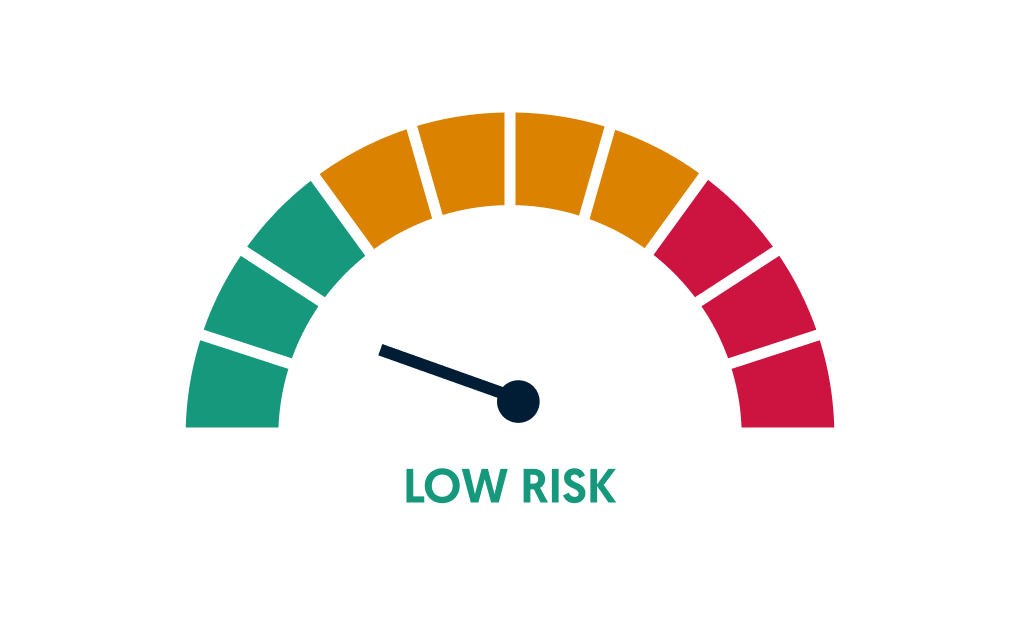Engagement Letter
An Engagement Letter is a document that sets out the business relationship between a client and a company.
3.9 (15 reviews)
Last updated October 23, 2025
Under 10 minutes
Suitable for Australia
Written by Edwin Montoya Zorrilla
Reviewed by Damin Murdock
Document Overview
An Engagement Letter is a document that sets out the business relationship between a client and a company. This letter serves as an agreement between the two parties on the terms of their engagement. This includes details on the services being offered, client responsibilities, deadlines and compensation. In addition, the document outlines the nature and limitations of the services being provided.
As a company providing services, an engagement letter will help establish transparency and understanding in your relationship with a client. Having a set of defined expectations and terms to which both parties are satisfied with is highly advantageous. This will help limit the potential for disputes and misunderstandings to arise with your client in the long term. An engagement letter in effect acts as a contract between the two parties and is considered a legally binding document.
Use this Engagement Letter If:
- You’re entering an agreement to provide services to a client
- You want to establish the terms and expectations of the relationship prior to commencing
The Legal Risk Score of a Engagement Letter Template
Our legal team have marked this document as low risk considering:
- The pricing estimates provided are indicative and not binding, which means the actual fees might exceed initial expectations.
- The client is solely responsible for the accuracy and completeness of the information provided, which could affect the quality and applicability of the services received.
- While confidentiality is maintained, information may be disclosed as required by law or with the client's express consent, potentially exposing sensitive information under certain circumstances.

Engagement Letter Checklist
Complete your free Engagement Letter with our checklist
Sign and Return the Engagement Letter:
Ensure you sign the enclosed copy of the engagement letter and return it to the office to confirm acceptance of the terms.
Verify Information Accuracy:
Double-check the reliability, accuracy, and completeness of all records and information provided to avoid any issues related to the services received.
Discuss Any Uncertainties:
Contact the office immediately if there are any aspects of the terms of engagement that are unclear or require further discussion.
Consent to Confidentiality and Disclosure Terms:
Understand and agree to the confidentiality terms, acknowledging that information may be disclosed as required by law or with your express consent.
What does this Engagement Letter Cover?
- Purpose and scope of services
- Client responsibilities
- Period of engagement
- Confidentiality
- Estimated pricing
- Professional fees
- Terms of trade
Frequently Asked Questions
Who needs an engagement letter?
An engagement letter is needed in various professional fields and industries to formalise the client-service provider relationship and clarify expectations.
Examples include:
- Legal Services
- Accounting and Audit Services
- Consulting Services
- Financial Planning and Investment Services
- Real Estate Transactions
- Construction and Contracting Services
- IT and Technology Services
- Healthcare Services
- Freelance and Creative Services
- Nonprofit Organizations
- Insurance Policies
When do I need an engagement letter?
Engagement Letters are commonly employed when a professional services firm is enlisted by a client for a specific task or project.
Many businesses incorporate Engagement Letters into their client onboarding process. While typically less formal than contracts, Engagement Letters hold legal validity.
When should I send an engagement letter?
You can send an engagement letter in the following scenarios:
- Send an engagement letter when you onboard a new client or customer.
- Whenever you undertake a new project or provide a new service to an existing client outlining the scope, terms, and conditions related to that project or service.
- If there is a significant change in the scope of work, fees, or terms of the engagement
- For ongoing or retainer-based services, at regular intervals (e.g., annually) to reaffirm the terms of the ongoing relationship.
When should I update an engagement letter?
You may want to send an updated engagement letter in the following scenarios:
- If the scope of work evolves during the course of the engagement, update the engagement letter to reflect the current scope and any associated changes in fees or timelines.
- Any changes in the terms of the engagement, including fee adjustments for clarity
- If there are changes in laws or regulations that affect the engagement
- If the client requests modifications to the engagement terms or if both parties agree to certain changes, then to document these adjustments.
- In longer-term projects with milestone achievements, consider updating the engagement letter to reflect progress and any adjustments to the original terms.
Consider reviewing and engagement letters periodically to ensure they remain accurate and relevant.
Other documents you may need:
View Sample Engagement Letter
It's never been so easy
Sign-up to a free Lawpath account
Get started and we'll take care of you. It's that easy.
Browse our 500+ legal documents
Browse our 500+ legal documents to find the perfect match to cover your business needs. We've got Compliance, Employment, Service agreements and more.
Collaborate with e-Sign and Sharing
Having access to your legal documents has never been easier. You can request e-signature, share the document and download for an efficient collaboration.
Create unlimited legal documents and eSignatures for only $39/month.
Upgrade to a Lawpath legal plan to boost your new business.


Here's what people say about Lawpath's Engagement Letter
Reviews are managed by BazaarVoice and comply with the BazaarVoice Authenticity Policy. Reviews are independently verified by BazaarVoice and detail our customers' real experiences.
0 reviews
Most Recent
Highest to Lowest Rating
Lowest to Highest Rating

